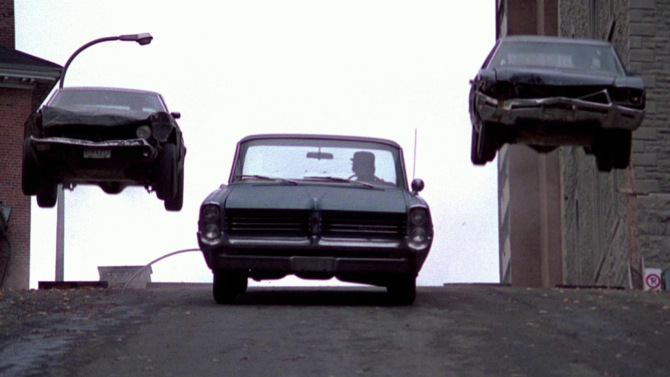
Montreal Magnum
When it comes to car chase scenes, the one that is always highlighted, and for good reason, is from Peter Yates’ 1968 action thriller Bullitt starring Steve McQueen... but some eight years later, the city of San Francisco was replaced by Montreal, Quebec in this little known Italian production with quite the epic speedy sequence of its own, Shadows in an Empty Room (1976), directed by Alberto De Martino. Fusing this touch of Bullitt with a Dirty Harry style storyline – hence why it is called Blazing Magnum in some markets (including the UK), while also including a hint of the ever popular at the time 70s giallo for some murder mystery elements, the narrative follows gritty, hard as nails Ottawa cop Capt. Tony Saitta (Stuart Whitman) as he dispatches some bank robbers in his own city... before getting the tragic call that his much younger sister, Louise (Carole Laure – Sweet Movie), who lives in Montreal, has died under very suspicious circumstances.
-
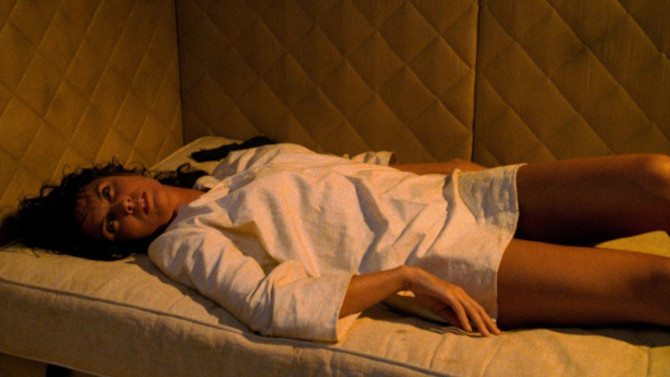
Face Off, Horror Style
FacelessOctober 29, 2025Clearly inspired by the classic 1960 plastic surgery French horror film Les Yeux Sans Visage (Eyes Without a Face), eccentric exploitation master director Jesús Franco (Bahía Blanca), who often goes by Jess, crafted the horror movie Faceless (1988) – his highest budgeted film in twenty years. Sometimes things go bad right off the bat, and that is the case here – as a disgruntled former patient of famed plastic surgeon Dr. Flamand (Helmut Berger) tries to throw acid on him as payment for the botched job... unfortunately, it hits his gorgeous sister Ingrid (Christiane Jean) in the face, disfiguring her model-like visage.
-
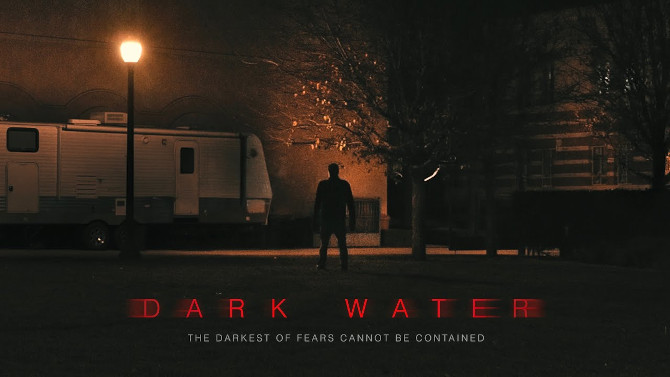
A Jarring Experience
Dark WaterOctober 27, 2025The fantastic thing about a horror short film is that it strips away all of that bulky flesh – the slick story that’s trying to trick or impress, the characterization of the spooked individuals or haunted location, the exorbitant settings and special effects that might distract as much as impress; a short instead simply returning to the very primordial aspects of what scares us as human beings – a most basic idea that creakily lurks in the shadowy recesses of our minds. This 2025 four minute and three second feature, Dark Water, written and directed by Ethan Hunt (no, not Tom Cruise’s super spy), does just that. Starting with a most basic premise: a young woman (Amelie Melsness) helps a friend with a seemingly simple and rather menial task – open a jar of murky water no later than 10 P.M., make sure there are no witnesses... and wait until the water goes crystal clear. That’s it! One thing’s for sure, the girl named Alyssa who asks for this by way of text has a great friend.
-
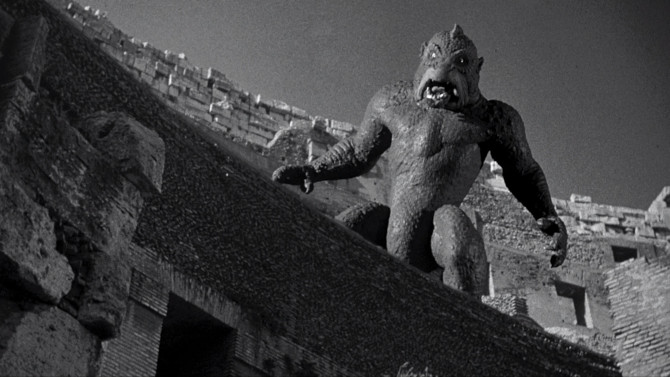
Ymir Fear in Roma
20 Million Miles to EarthOctober 23, 2025Despite not being written or directed by the famed special effects expert Ray Harryhausen, that latter honour going to Nathan Juran instead, there is no denying that the magic man’s hands are all over this horror infused sci-fi monster bash. Spawning the unique concept originally titled as The Giant Ymir, while also suggesting it be set in Rome, Italy instead of the United States (why you may ask... he simply always wanted to vacation there), whilst also being in charge of the stop-motion animation that makes this feature succeed, the final product eventually became known as 20 Million Miles to Earth (1957). A strong warning of the fears of moving too quickly into ‘futuristic’ ways, which is clearly a callback to ample anxiety revolving around the atomic bomb... which, with it, could bring possible nuclear annihilation, here we have the result of space exploration of the planet Venus.
-
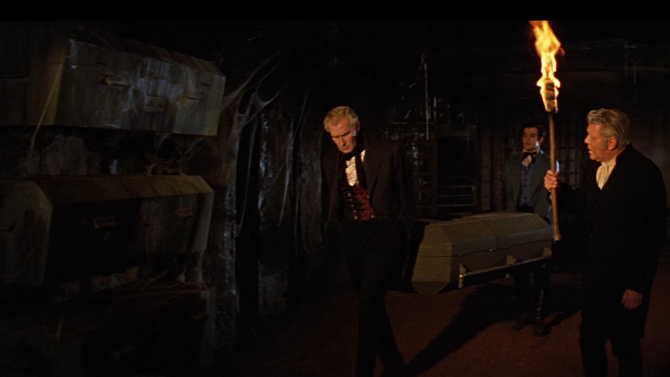
The House of Husher
House of UsherOctober 20, 2025The first of Edgar Allan Poe’s famed horror stories to come to life at American International Pictures with Roger Corman at the helm and Vincent Price in the starring role, House of Usher (1960), was a huge success... spawning numerous gothic Poe adaptations that would bring the team back together in the near future. With Price taking on the role of the titular Roderick Usher, the man is an utter emotional mess, belying his impeccably manicured appearance. Severely sensitive to noise, light, and taste, he demands hushed voices, minimal natural or candle light at all times, and bland gruel as the meal of choice.
-
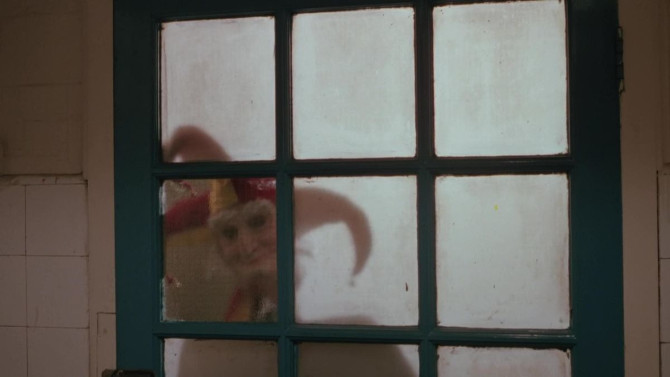
Slaughterhouse High Rules
Slaughter HighOctober 15, 2025A British slasher film parading as your prototypical American one, 1986's Slaughter High (which was originally going to be more accurately titled April Fool’s Day, but changed after a conflict arose with a Paramount movie coming out with the same name), written and directed by triumvirate George Dugdale, Mark Ezra, and Peter Mackenzie Litten, is a by the books horror movie with some above average kills... and, as we all know in this sub-genre, that is usually what truly stands out. Following a group of high school hot shot jerks led by pretty girl Carol Manning (Caroline Munro – Bond girl Naomi from The Spy Who Loved Me; as well as the Hammer horror film Captain Kronos: Vampire Hunter), cruel prankster Skip Pollack (Carmine Iannaccone), feigners Ted Harrison (Michael Safran) and Carl Putney (John Segal), slutty Stella (Donna Yeager), and other entourage members, their sole goal is to sabotage the life of science nerd Marty (Simon Scuddamore). As these things do, they take the jester prank way too far... leaving the teen in a horribly disfigured state.
-
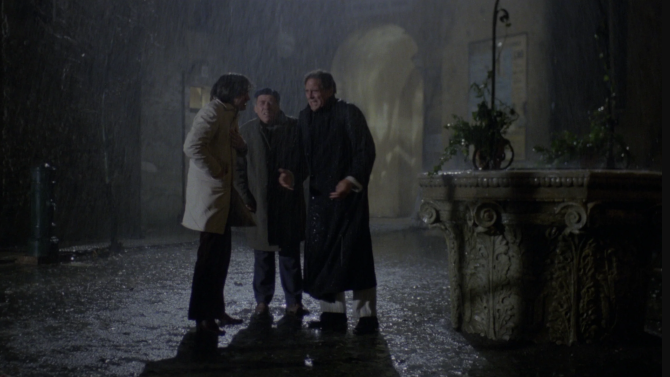
Venice Flytrap
The Bloodstained ShadowOctober 12, 2025A giallo murder mystery released well after the craze of the early 1970s, The Bloodstained Shadow (1978), co-written and directed by Antonio Bido (Watch Me When I Kill), has more suspects than you may even be able to keep track of. Utilizing its sizeable cast to keep its twisty turns in the shadows, we flash forward some twenty years after a brutal unsolved strangling on the small island of Murano – which rests on the edge of Venice, as professor Stefano D’Archangelo (Lino Capolicchio) returns home for a calming visit after years away in the big city... it just so happens that a fetching artist, Sandra Sellani (Stefania Casini – Suspiria), is also returning home on the same train after being away for some time.
